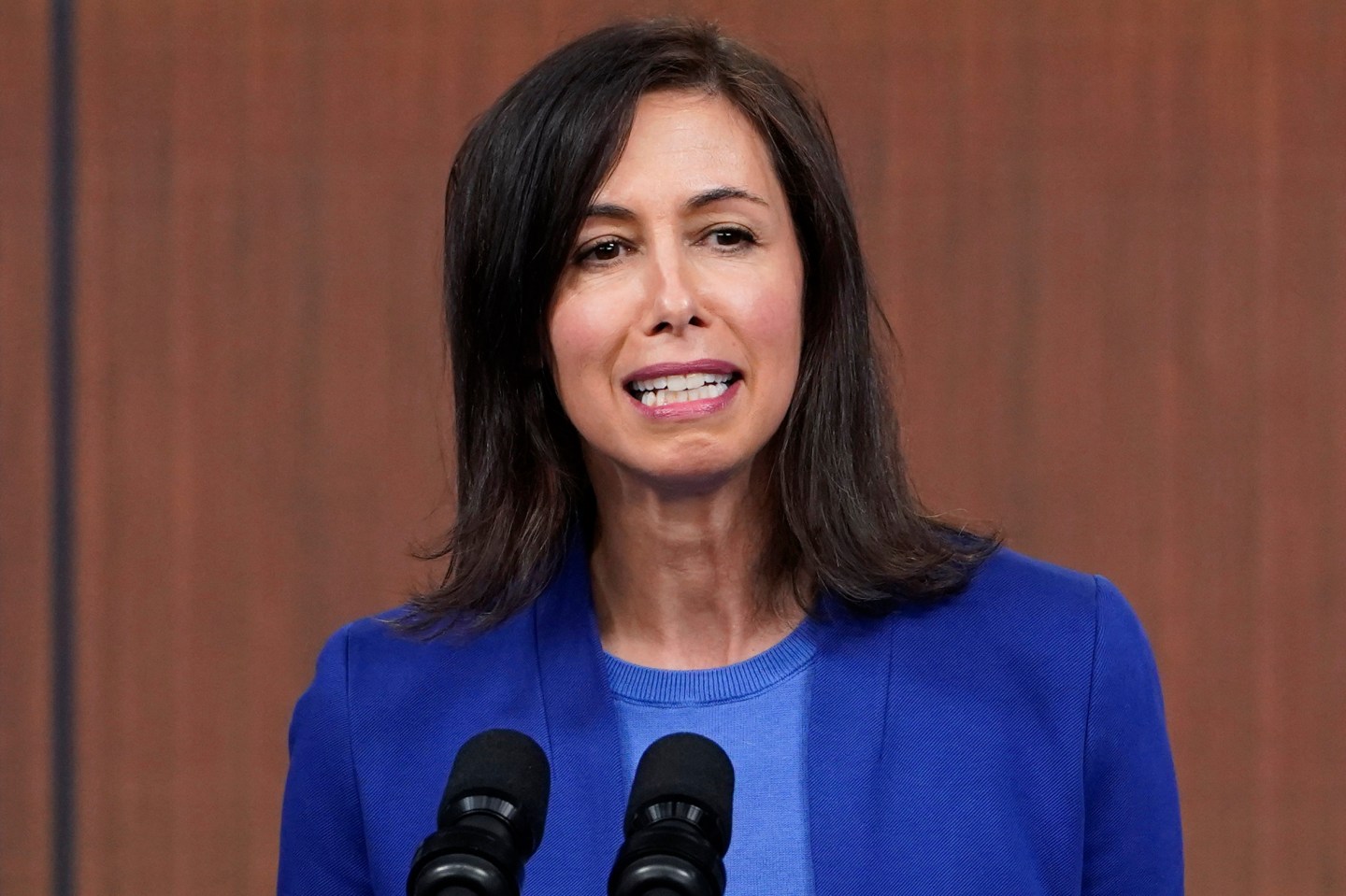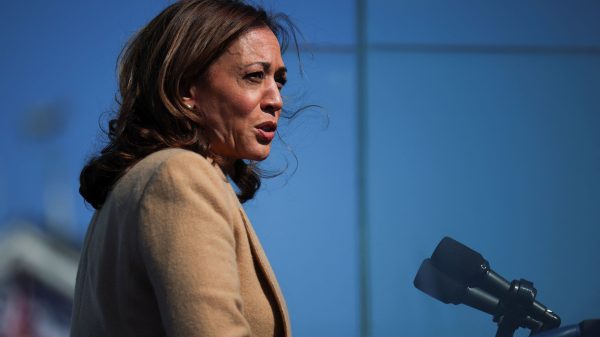FCC Chairwoman Jessica Rosenworcel has taken proactive steps to address concerns about AI-generated political robocalls by reaching out to major telecom companies, including AT&T and Comcast. In letters drafted to these companies, Rosenworcel seeks clarity on their efforts to combat the use of AI technology, which can now mimic human voices with high fidelity.
This move follows instances where AI-generated deepfake voices were used to influence voters, such as urging them to skip the New Hampshire Democratic primary. Rosenworcel emphasized the potential for AI to flood networks with deceptive deepfakes, undermining trust and potentially impersonating candidates during elections.

FCC Chairwoman Rosenworcel Addresses AI Political Robocall Concerns
Despite a federal ban on all AI robocalls implemented in February, which grants State Attorneys General the authority to prosecute offenders, telecom companies have not yet outlined specific enforcement strategies. This regulatory gap highlights a need for robust measures to prevent AI misuse in political communications as AI tools become increasingly accessible to malicious actors and scammers.
In addition to addressing robocalls, Rosenworcel has pushed for transparency in political advertising, particularly regarding the use of AI in TV and radio ads.
Her proposal has faced opposition from the Republican chair of the Federal Election Commission, Sean Cooksey, who argues that such measures could encroach upon the FEC’s jurisdiction over federal campaign laws. Cooksey’s objections have sparked a legal challenge, reflecting broader debates over regulatory authority and the role of AI in political discourse.
Rosenworcel’s initiatives underscore growing concerns over the potential impacts of AI on electoral integrity and public trust in communications technology. As technological capabilities advance, regulatory frameworks and industry practices must evolve to safeguard against misuse and ensure transparency in political advertising and communications.









































